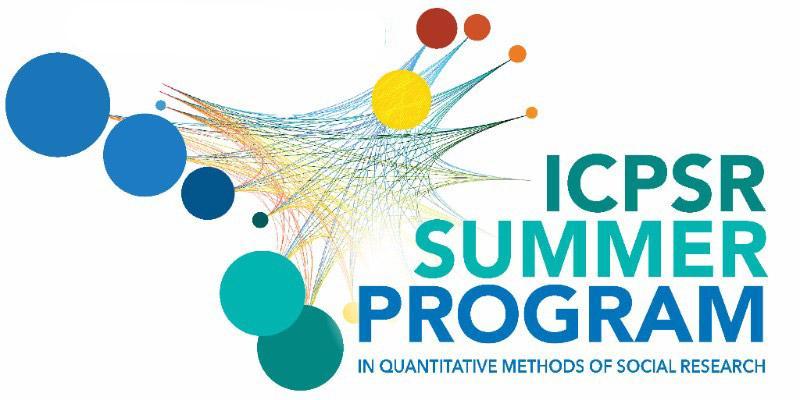Latent Class Analysis in Social Science Research
Instructor: Tenko Raykov, Michigan State University
Matrix is located on the 8th floor of Barrows Hall, on the UC Berkeley campus, near Telegraph and Bancroft Avenues, just up the hill from Sather Gate. There are entrances at both ends of the building, but only one of the elevators on the eastern side goes directly to the 8th floor. You can alternatively take the stairs to the 7th floor and walk up the stairs.

Presented as part of the ICPSR Summer Program in Quantitative Methods of Social Research, this five-day workshop begins with an introduction to latent variable modeling (LVM), a comprehensive applied statistical methodology that includes latent class analysis (LCA) as a special case. The connection of LCA to the closely related statistical frameworks of factor analysis, item response modeling, and latent profile analysis is thereby underscored. Limitations of many standard cluster analyses in the past are then highlighted. A brief introduction to the highly popular LVM software Mplus is subsequently provided. The workshop is then concerned with various theoretically and empirically relevant issues pertaining to applications of LCA in empirical social science research, incl. in particular maximum likelihood estimation, class enumeration and separation, and LCA uses in cross-sectional and longitudinal studies as well as in behavioral and social measurement. Familiarity with Mplus is not assumed, while a basic statistics course with exposure to regression analysis will be beneficial.
Presented as part of the ICPSR Summer Program in Quantitative Methods of Social Research. Instructor: Tenko Raykov, Michigan State University. To register and for further information, visit this page or contact Eva Seto, Associate Director at Social Science Matrix, at evaseto@berkeley.edu.



